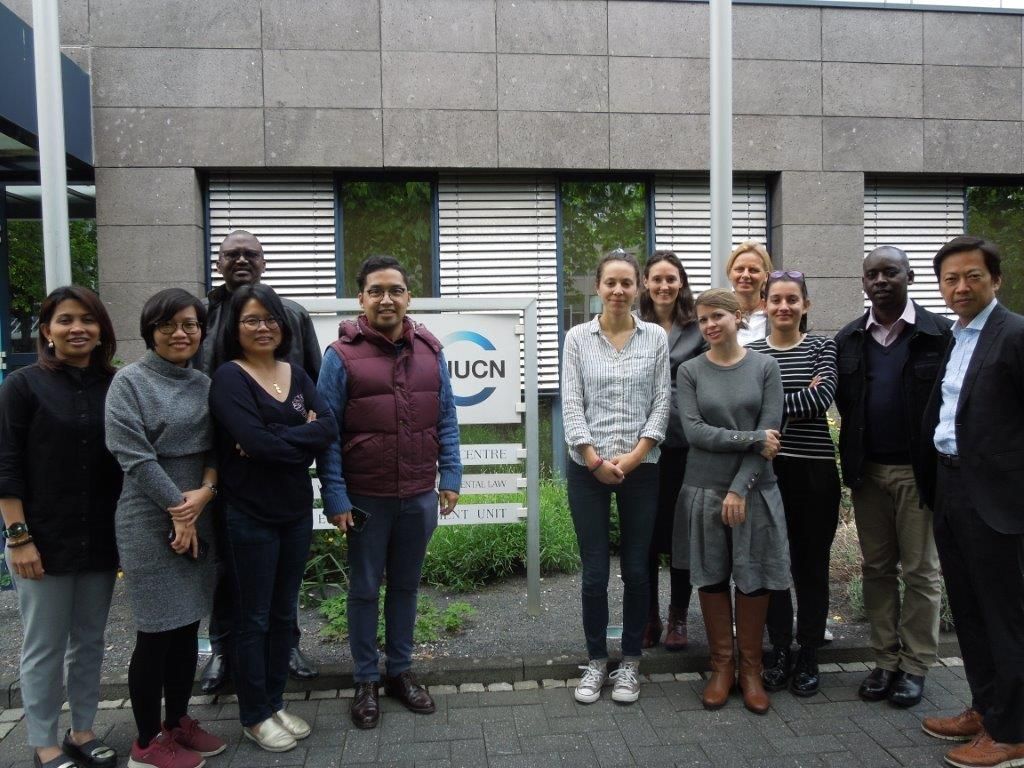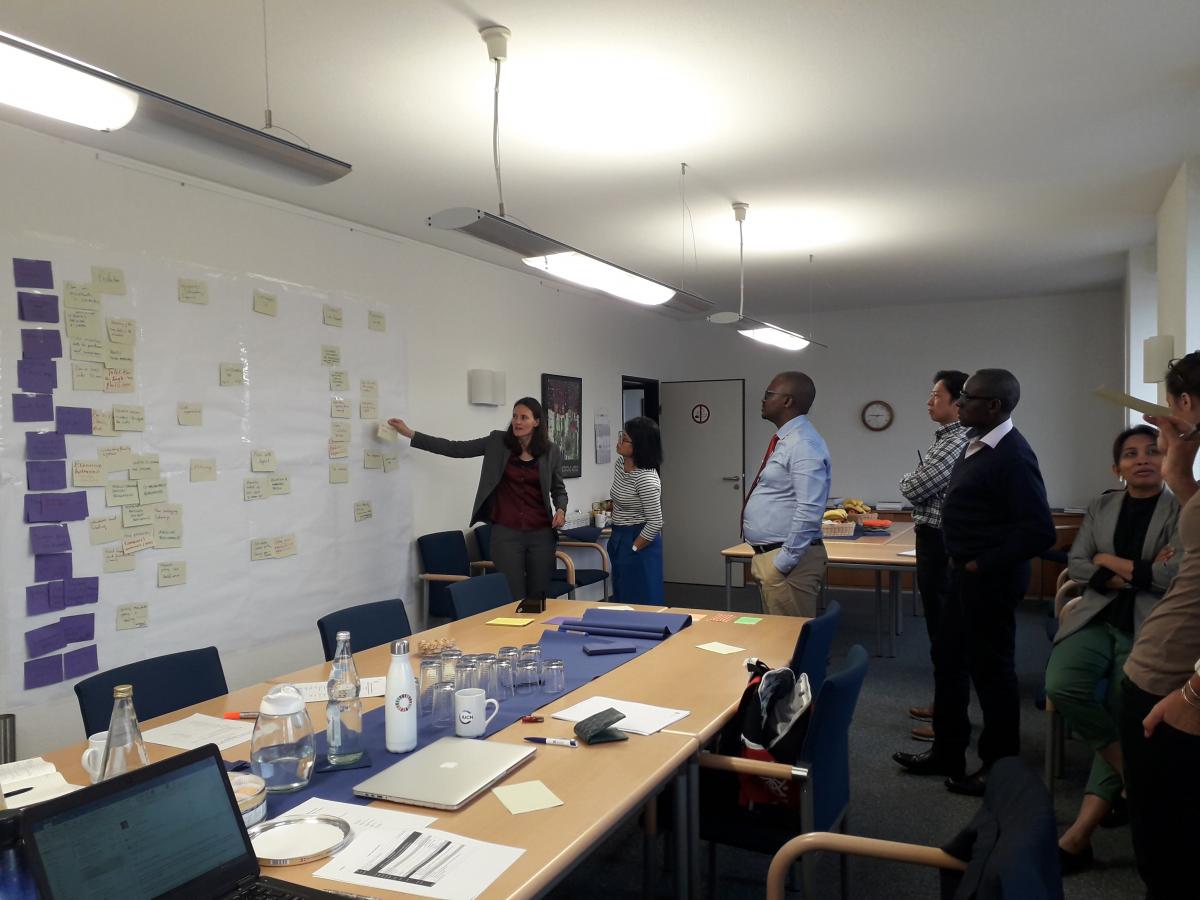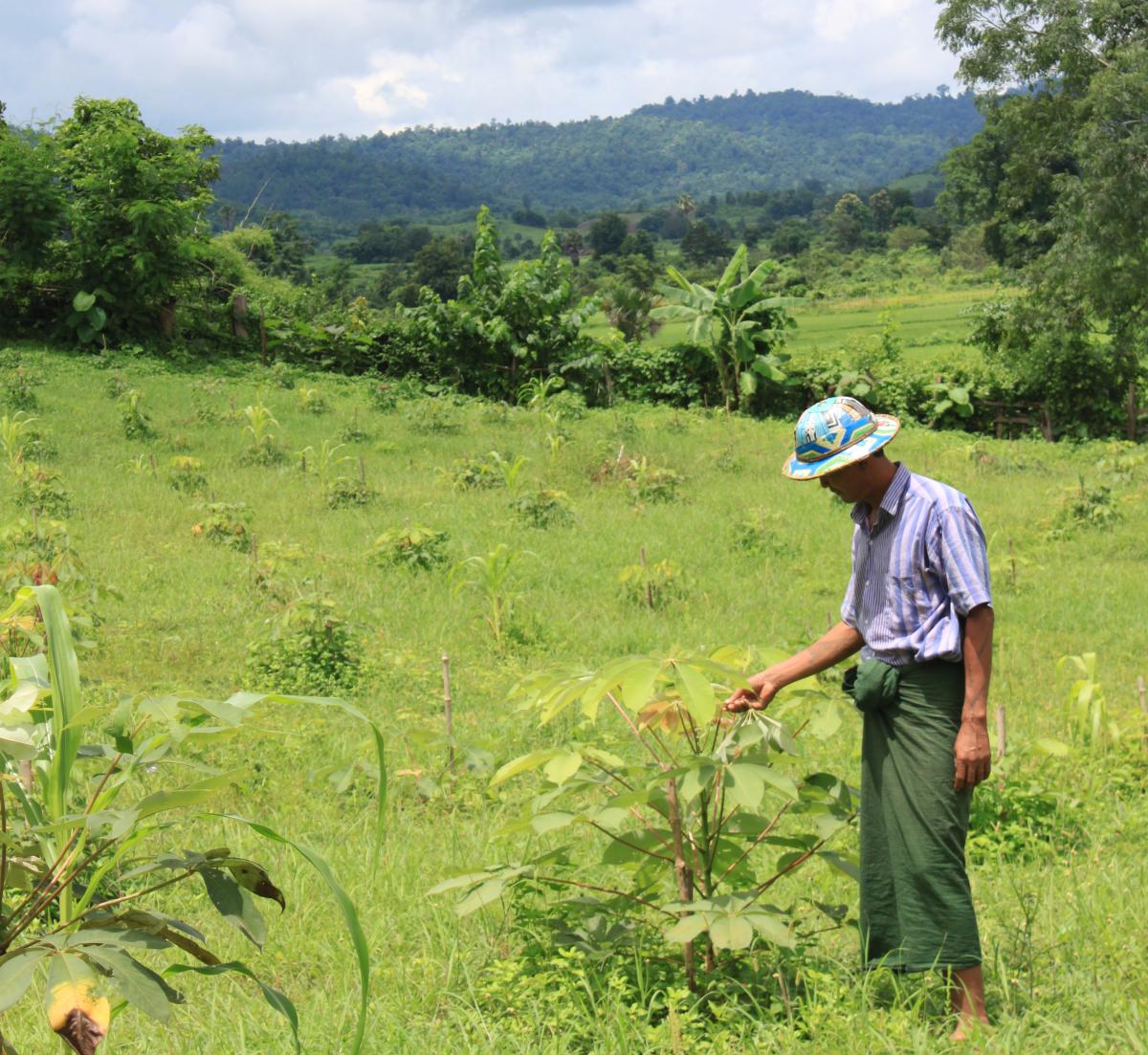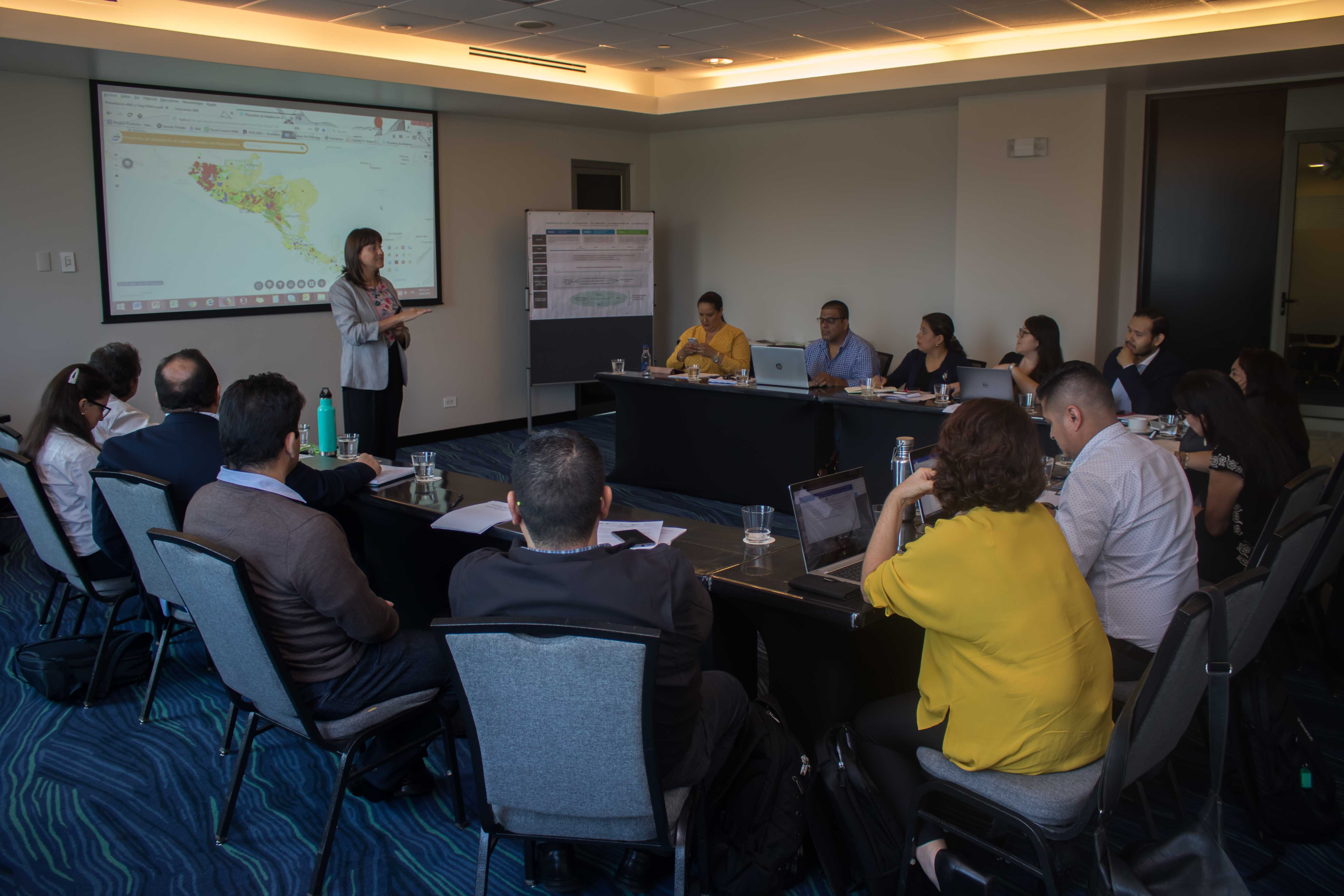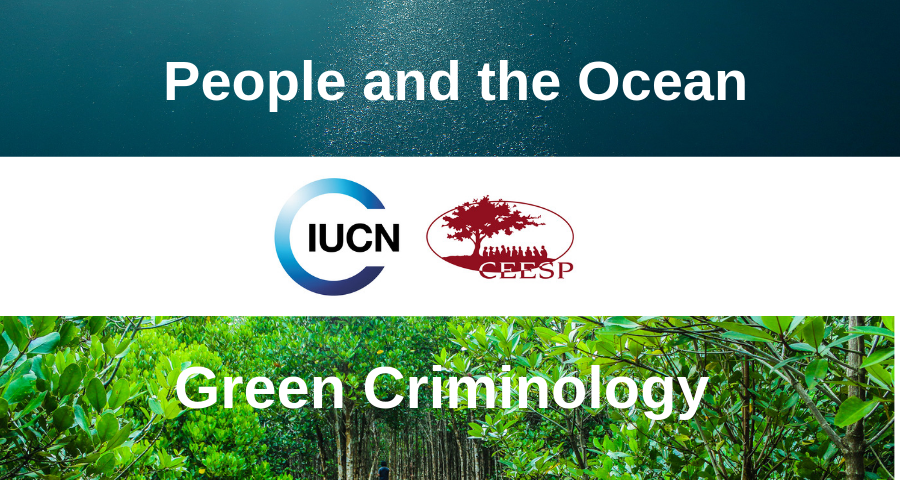Legal and political analysis: what experts are saying about laws that tackle plastic pollution
Most countries around the world agree there is a plastic pollution problem, but what have national governments been doing about it? Legal experts from Thailand, Vietnam, South Africa, Mozambique and Kenya recently came together to investigate this under IUCN’s MARPLASTICCs project. They explored how existing legal frameworks and tools can best be employed to address marine plastic pollution in MARPLASTICC target countries and around the world.
Through the MARPLASTICCs project, the IUCN Environmental Law Centre has been working with legal experts in Kenya, Mozambique, South Africa, Thailand and Viet Nam, to look at different legal and policy frameworks that aim to address plastic pollution. They recently met in Bonn, Germany, to discuss common features, successful models and key gaps, brainstorm new ideas on legal frameworks and policy tools and next steps in each of the partner countries.
National experts presented legal tools in their respective countries which they felt had contributed the most, or had the most potential, to contribute to reduction of marine plastic pollution in their country. They described how the tool works, and discussed examples of its application, challenges in implementation and how to overcome these obstacles. The tools presented were Mozambique’s regulation on collection of urban waste, Kenya’s plastic bag ban, South Africa’s national pricing strategy for Waste Management (extended producer responsibility), Thailand’s tailored regulatory solutions developed at the municipal level, and Vietnam’s integration of informal sector waste collectors strategy.
Overall, the team found that although each country’s legal situation is different, there were common themes. For example, most countries have no existing law targeted specifically at marine plastic, but rather a plethora of laws and policies for different sources of plastic at different points along the plastic value chain. For instance, there are fisheries legislation that address discarded fishing gear, and marine pollution legislation that prohibits dumping waste in the sea and littering on beaches.
This multiplicity of governance frameworks at national levels often leads to coordination difficulties amongst the various agencies having jurisdiction over plastic waste. This leads to a lack of entities taking ownership and responsibility to tackle plastic pollution in their respective countries.
On the other hand, the experts agreed that in countries with specific legal mechanisms designed to address plastic waste, they typically focus on one type of plastic, such as plastic bags, and forget the other types of plastic waste. For example, Kenya’s ban on plastic bags is considered a success, but other forms of plastic waste such as PET bottles remain largely unregulated in the country. These ad hoc measures can certainly be effective for certain types of plastic, but may also be a way for a country to go for the low hanging fruit where political will does not exist for more comprehensive approaches.
When it comes to managing plastic waste, particularly when it comes to waste collection and management, local governments often play a key role. However, municipal authorities often lack the capacity to effectively regulate plastic pollution or the authority to enforce legislation. In the case of Viet Nam, local governments have the responsibility to sort waste, but only higher-level officials can impose high fines for the mismanagement of plastic waste. This results in offenders not being fined or punished, and so the mismanagement continues.
In some countries, the informal sector contributes significantly to plastic management, reuse and recycling. In Viet Nam, waste pickers are actually more effective at collecting and separating wastes than formal initiatives. But this comes at a high in cost in terms of health, safety and environmental risk because unregulated methods and equipment can create health hazards for waste pickers and pollution. Legal support for the informal sector could improve plastic separation, however, informal plastic collectors in some countries like South Africa, resist registration and prefer to remain unofficial.
The fragmented legislation addressing plastic waste that exists in Thailand, Vietnam, South Africa, Mozambique and Kenya, and likely most other countries, raises the question of whether a comprehensive national-level plastic policy framework could help connect existing instruments and tools. Yet, at the same time, a new piece of legislation could add to the administrative burden and legal complexity of the governance regime in countries without actually addressing the plastic pollution challenge.
At this stage, there appears to be no single magic bullet, although there are many possible tools that could be used to address plastic pollution.
The discussions amongst the team of legal experts working with IUCN under the MARPLASTICCs project will continue over the next months to feed into political and legal analysis reports and action plans to help guide each of the countries on possible tailored legal actions to address plastic pollution.
About MARPLASTICCS
Plastic pollution has become a global problem threatening our environment, health and economies. If we do not act now, the problem will only get worse. Through the Marine Plastics and Coastal Communities (MARPLASTICCs) project, funded by the Swedish International Development Cooperation Agency (Sida), IUCN is working closely with governments, industries and society in Africa and Asia to reduce and control plastic pollution.
